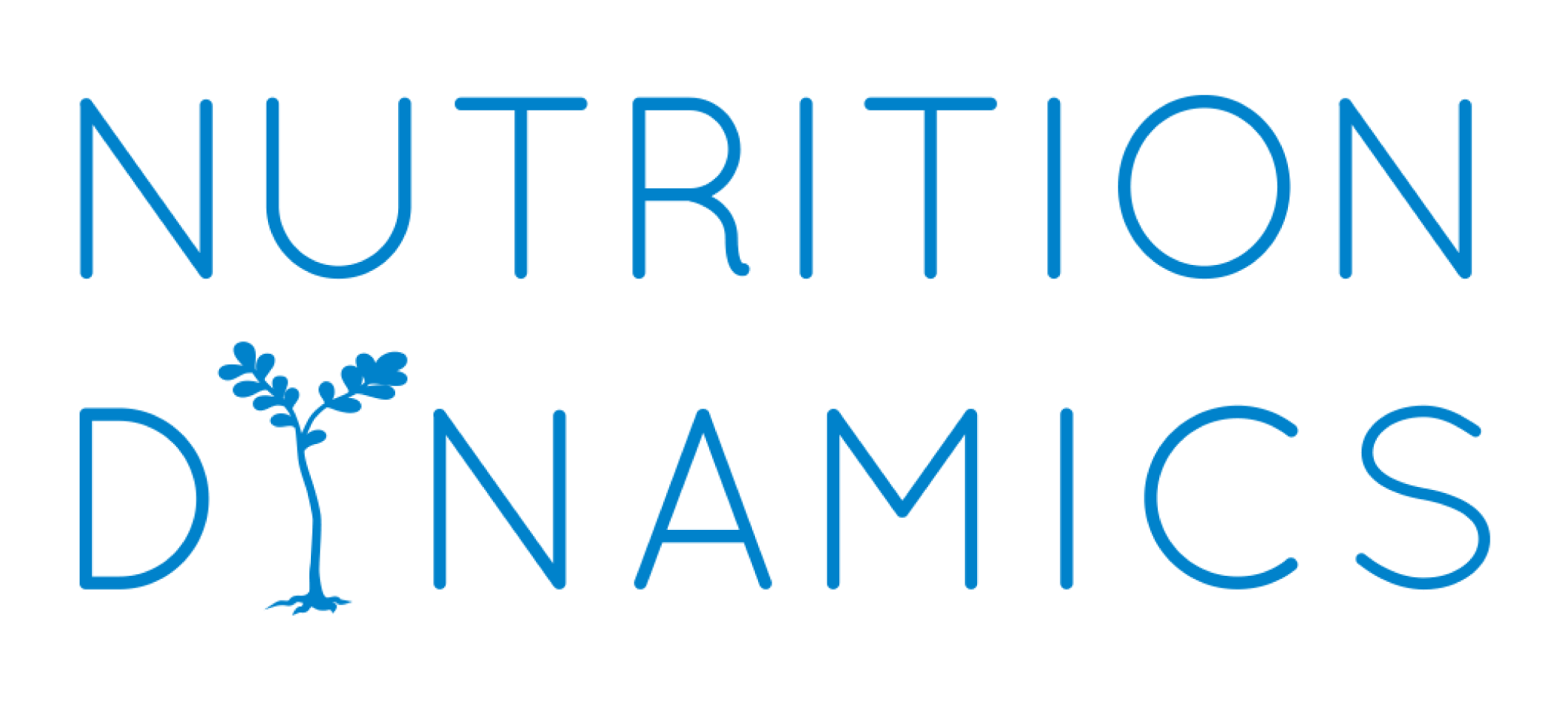A cancer diagnosis is devastating. You might be wondering – could changes to your diet and lifestyle help you through treatment, or even reduce the risk of a recurrence? Well, I did just that and managed my treatment with very few side effects and I am still working on reducing the risk of recurrence.
The great news is that there are lots of things you can do to reduce your chances of getting cancer, and there are plenty of choices proven to reduce cancer risk
- Diet high in fruit and vegetables, nuts and seeds, especially raw
- Diet low in processed foods
- Diet low in sugars
- Exercise
- Adequate Vitamin D (from sunlight, yes, but don't burn yourself!)
- Diet high in Omega-3 fatty acids
- Green tea
- Not smoking
- Limit alcohol intake
- Avoid non-natural hormones
- Maintaining healthy weight
 But here is something to think about which is fundamental in either preventing or supporting during treatment. It is supporting an healthy liver :
But here is something to think about which is fundamental in either preventing or supporting during treatment. It is supporting an healthy liver :
You may wonder what the digestive system has got to do with cancer, as tumours are found in cells in various parts of the body as well as the digestive tract such as the oesophagus, stomach and colon. Our digestive system needs to be functioning optimally so that food can be processed efficiently, and nutrients absorbed, so that our cells are nourished and we thrive. It is also important to have efficient systems to clear waste products from the body, particularly toxins.
Many people do not know how important it is to support our liver function, and it can make the difference between good health and disease. The liver filters toxins, including the by-products of drugs, especially those used in chemotherapy. To do this efficiently the pathways for detoxification require particular nutrients to facilitate the action. As well as dealing with medications, the liver disables pathogens – harmful compounds that can make their way into the bloodstream. We also create toxic compounds as a result of the body’s process of digesting and breaking down food.
In addition, the liver produces bile to aid digestion and helps to remove the broken down toxins, which are excreted during elimination. The last stage of the process is highly important and reminds us to have regular bowel movements, so toxins are not reabsorbed in the colon due to constipation. Good hydration is also important to help prevent constipation.
When exposed to excessive toxins and inefficient elimination, health problems can occur causing tissue damage and inflammation, ultimately contributing to the development of cancer.
Before understanding how we can support the liver with nutrition there are other factors that are damaging: alcohol, nicotine, hydrocarbons formed during barbecuing with charcoal, or found in cigarette smoke, medications, iron deficiency and a high protein diet.
We also know that nutritional deficiencies, fasting, protein deficiency, a diet high in carbohydrates, bacterial toxins and ageing can contribute to liver dysfunction.
As well as a balanced diet there are some particular foods that support liver function due to their phytochemical compounds called isothiocynates. The indoles for example are found in cruciferous vegetables are widely known as cancer killers, these include broccoli, cauliflower, Brussel sprouts, cabbage and kale. Cabbage and broccoli also contain sulphorophanes, which help to detoxify the liver and reduce stomach cancers. They all contain fibre which helps to eliminate toxins from the body and the fibre is rich in galactose, which binds to the damaging agents in the intestines.
Leafy green vegetables are good sources of Vitamin C and beta-carotene, which converts to vitamin A . Being a natural source of glucosinolates and containing antibacterial and antiviral properties, help to re-programme cancer cells to die off, prevent tumour formation and metastasis.
Always try to include in one meal a day either a salad or lightly steamed vegetables.
Other vegetables which are beneficial for lowering cancer risk includes onions, courgettes, asparagus, peppers, carrots fennel, leeks and beetroot.
Finally healthy digestion begins with chewing. Be sure to chew food thoroughly, sit down, eat slowly and try to reduce stress in all aspects of your life.
If you need personalised support, contact Lorna who is not only a Registered Nutritional Therapist but also has training in this field.
Certification from the Nutritional Therapy Education Commission: Cancer Nutritional support, before, during and after treatment and beyond.
